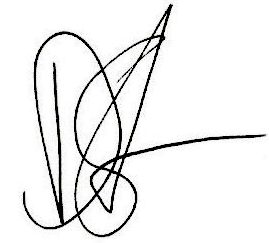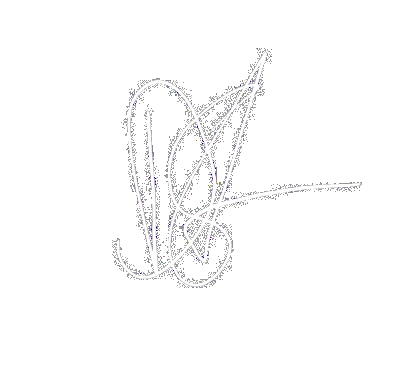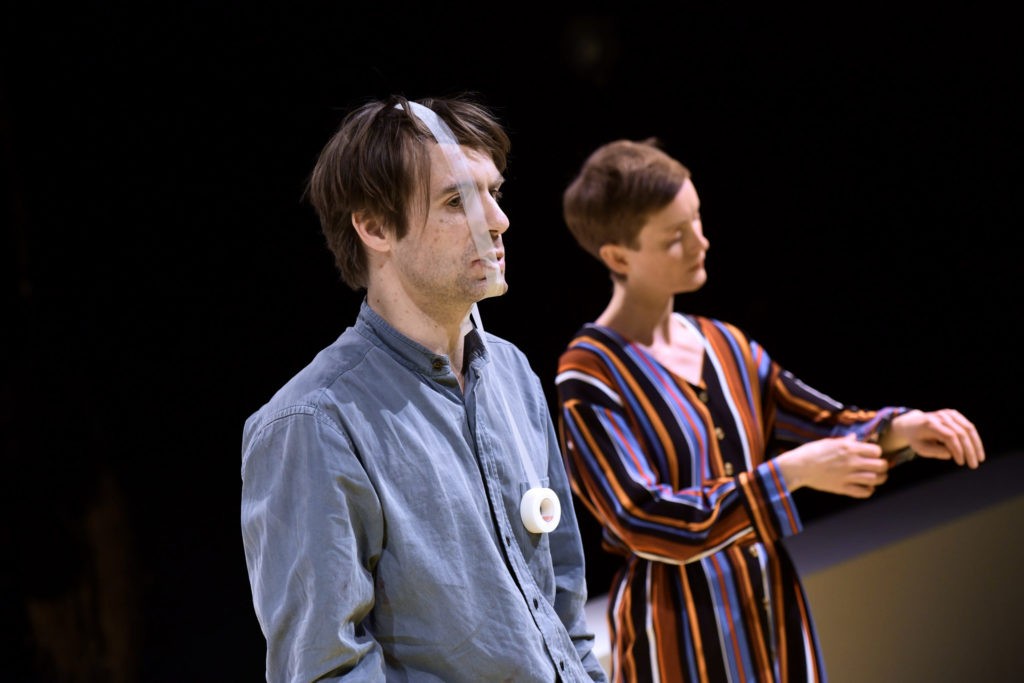The madness. The madness breaks out. Madness is breaking out, they say, I often say. Where, when the madness breaks out in me, has it been inside me? In what part? How did he get in so unnoticed, in what disguised form? Since it can break out in almost anyone at any time, it must also be stuck in everyone almost and want to break out. But where? Thorough studies have brought me the certainty: madness lurks at the bottom of the mind for its outbreak and is strange to the mind. Madness contains reason (method). Understanding is regulated madness; madness is paid understanding. It speaks in hieroglyphic language, that is the inner language of the artificial ice factory. (Man) Probably madness is something that must not be allowed to come to light, that must not break out of its imprisonment under any circumstances, because it disturbs the peace in the house, yard, and shared apartment. Perhaps it would be better if it would appear in silence from time to time and would probably be called fantasy. Also fantasy however is something very disturbing, e.g. in office and factory. One speaks of divine madness. But not in Lohberg. Here I am struck by madness.
März in Heinar Kippardt´s Novel März
„”Such a subject requires empathy, of which Stoehr fortunately possesses plenty. He is a director who loves his characters unconditionally, especially the outcast ones… “März” is a moving evening.“
Anna Fastabend, Süddeutsche Zeitung
„…which David Stoehr staged with incredible sensitivity at the Schaubühne. The production throws all clichés of being crazy overboard. It shows humiliated normals building their own world.“
Stefan Amzoll, Neues Deutschland
„Stöhr draws his figures precisely…the evening shows people who can’t get out of their skin and are sanctioned for it. Until the bitter end.“
Georg Kasch, Morgenpost
„It´s about him, März, in the short hundred minutes into the director David Stoehr condensed the rediscovered novel of Heinar Kipphardt. He has succeeded well.“
Doris Meierhenrich, Berliner Zeitung
März
after the novel of Heinar Kipphardt
in a version by David Stöhr








